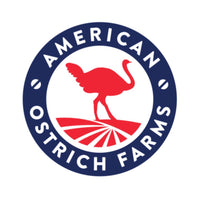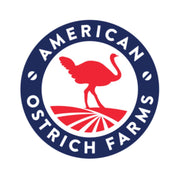Alpha-Gal Syndrome, also known as AGS or alpha-gal allergy, is a rare and intriguing food allergy that has recently captured the attention of the medical community. Individuals with Alpha-Gal Syndrome experience allergic reactions after consuming red meat, such as beef, pork, and lamb, due to a specific allergen known as galactose-alpha-1,3-galactose. The allergy develops when a person is bitten by ticks carrying the alpha-gal allergen, which triggers the immune system to produce antibodies. As a result, red meat consumption becomes a significant health concern for those affected, leading to a variety of symptoms ranging from hives and itching to gastrointestinal upset, and even anaphylaxis.
PROTEIN SUBSTITUTES FOR INDIVIDUALS WITH ALPHA-GAL SYNDROME
For individuals diagnosed with Alpha-Gal Syndrome, avoiding red meat is essential to prevent allergic reactions. However, this does not mean giving up on a diverse and nutritious diet. There are several red meat substitutes that individuals with AGS can safely enjoy. Poultry, such as chicken and turkey, offers a lean and healthy protein option without the alpha-gal allergen. Fish, including salmon, tuna, cod, and tilapia, also provide a delicious and safe alternative to red meat.
OSTRICH MEAT: A UNIQUE AND SAFE RED MEAT
One particularly intriguing option for individuals with Alpha-Gal Syndrome is ostrich meat. Surprisingly, ostrich meat does not contain the alpha-gal allergen, making it a suitable and exciting addition to their diet. Ostrich meat is not only safe but also boasts numerous health benefits. It is low in fat, high in protein, and has a flavor and texture similar to beef, making it an excellent choice for those seeking a red meat substitute that satisfies their cravings without triggering allergic reactions.
Alpha-Gal Syndrome is a rare and complex meat allergy triggered by tick bites containing the alpha-gal allergen. Avoiding red meat is crucial for individuals with AGS to prevent allergic reactions and maintain good health. Fortunately, there are various red meat substitutes available, including poultry, fish, and the unique ostrich meat, which offers a safe and flavorful alternative. As research continues to advance our understanding of this condition, individuals with Alpha-Gal Syndrome should remain vigilant, seek medical guidance, and explore a diverse range of safe food choices to enjoy a satisfying and allergy-free diet. Below are some additional resources for those in need.
Determining Your Tolerance to Alpha-gal Part I: First Steps
Alpha Gal Syndrome
Food Products That May Contain Alpha Gal
The Meat of the Matter: Understanding and Managing Alpha-Gal Syndrome






